Detecting a lie often feels like a gut instinct, relying on vague cues like eye contact or a shaky voice. But for truly skilled liars, these mannerisms are often controlled and managed. Fortunately, scientists have discovered a simple, surprisingly effective method that exploits the one thing even the best liars can’t hide: mental effort, per a report from Indy100.
The new method is based on the principle that deceit requires significant mental energy, or "cognitive load." According to recent research, asking someone to perform an additional cognitive task during questioning significantly increases the chances of detecting the lie. Experts from the University of Portsmouth found that overloading a liar makes it nearly impossible to sustain a convincing, plausible story.
The research, published in the International Journal of Psychology & Behavior Analysis, examined 164 participants. They were asked to either tell the truth or lie about their level of support for sensitive societal issues. The core condition involved two-thirds of the participants being given a secondary task: they had to remember and recall a car registration number during the interview. The experimenters found that liars' stories became far less plausible when they were forced to multitask, as per IFL Science.
@diaryofaceoclip Jefferson Fisher reveals how you can spot a liar within seconds 😧 #liar #lying #bodylanguage #bodylanguagetips #cheat #cheater #podcast #diaryofaceo
The success was most evident when the participants were told the secondary task was important, proving that liars tend to prioritize maintaining the lie over completing a distraction. One of the study’s authors, Professor Aldert Vrij, noted that careful execution is key for practical use.
"The pattern of results suggests that the introduction of secondary tasks in an interview could facilitate lie detection, but such tasks need to be introduced carefully," Vrij commented.
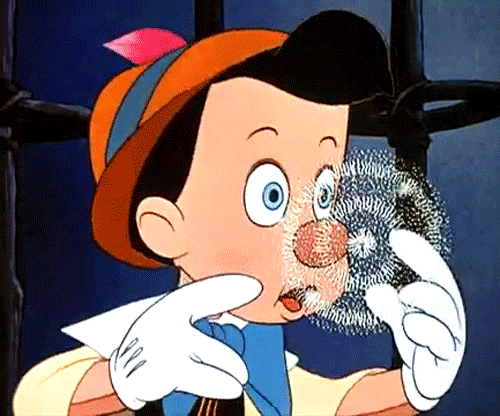
He also provided concrete advice on how to use this principle in real life: "It seems that a secondary task will only be effective if lie tellers do not neglect it. This can be achieved by either telling interviewees that the secondary task is important, as demonstrated in this experiment, or by introducing a secondary task that cannot be neglected (such as gripping an object, holding an object in the air, or driving a car simulator). Secondary tasks that do not fulfill these criteria are unlikely to facilitate lie detection."
lie detection, cognitive load, multitasking, psychology, University of Portsmouth, Aldert Vrij, secondary task, deception, behavioral science, polygraph YouTube
This research fundamentally shifts the focus of lie detection from trying to read subtle body language to simply introducing cognitive friction. By giving the subject too many things to juggle—a compelling lie, plus a critical, separate task—the truth will inevitably be the first thing to slip out.
This article originally appeared last year.







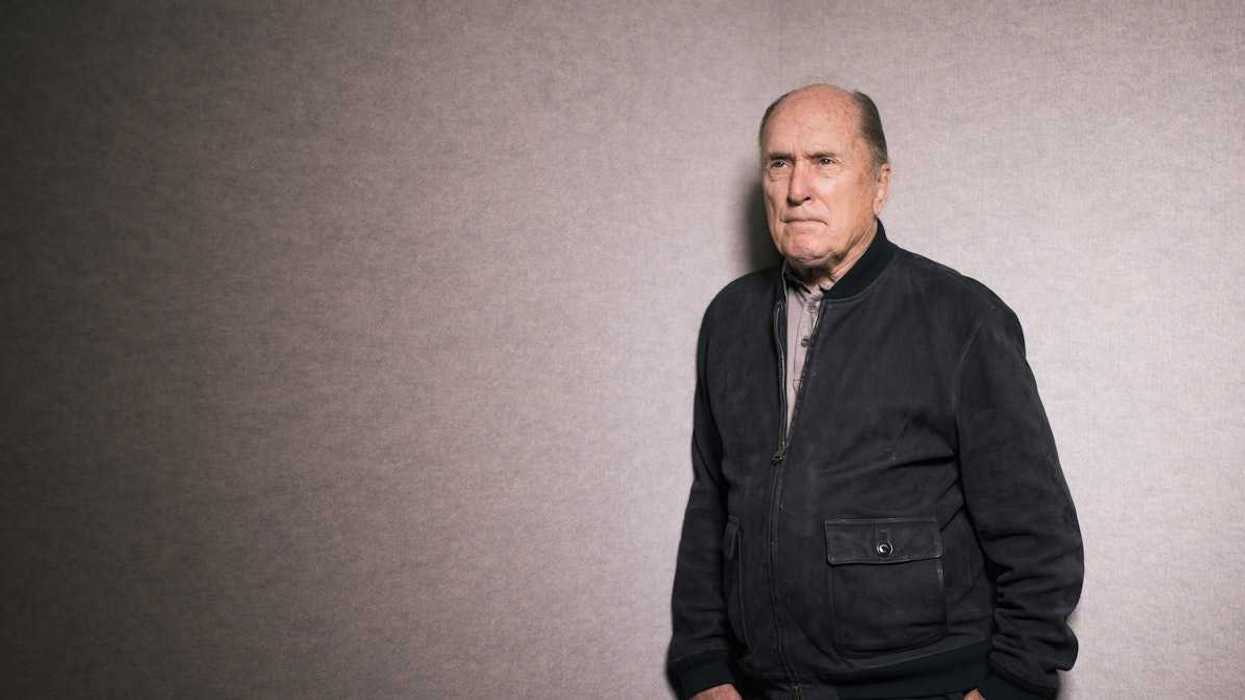









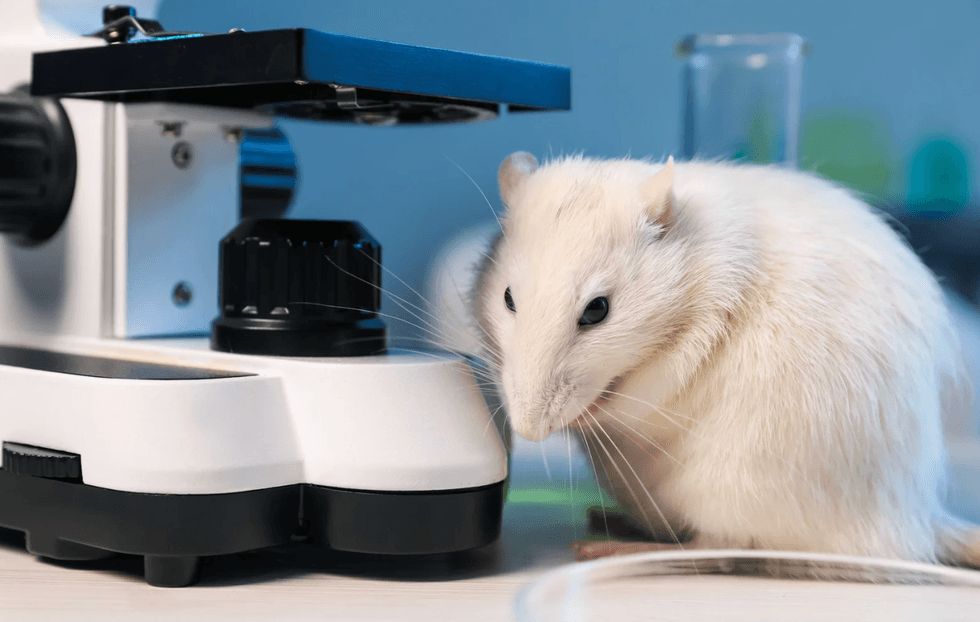 A labratory mouse checks out a microscopeCanva
A labratory mouse checks out a microscopeCanva

 Images from Mars from NASA's Perseverance Mars rover.NASA/JPL-Caltech/
Images from Mars from NASA's Perseverance Mars rover.NASA/JPL-Caltech/  Eye surgery.Photo credit:
Eye surgery.Photo credit: 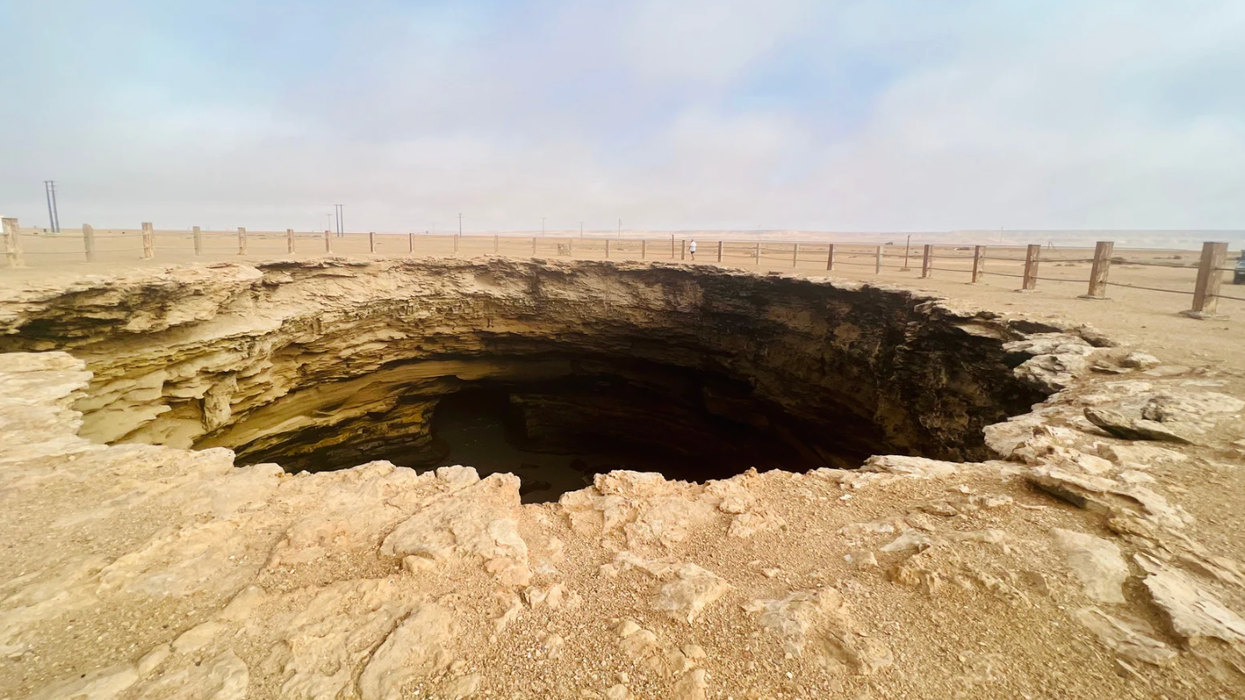
 Superstructure of the Kola Superdeep Borehole, 2007
Superstructure of the Kola Superdeep Borehole, 2007 
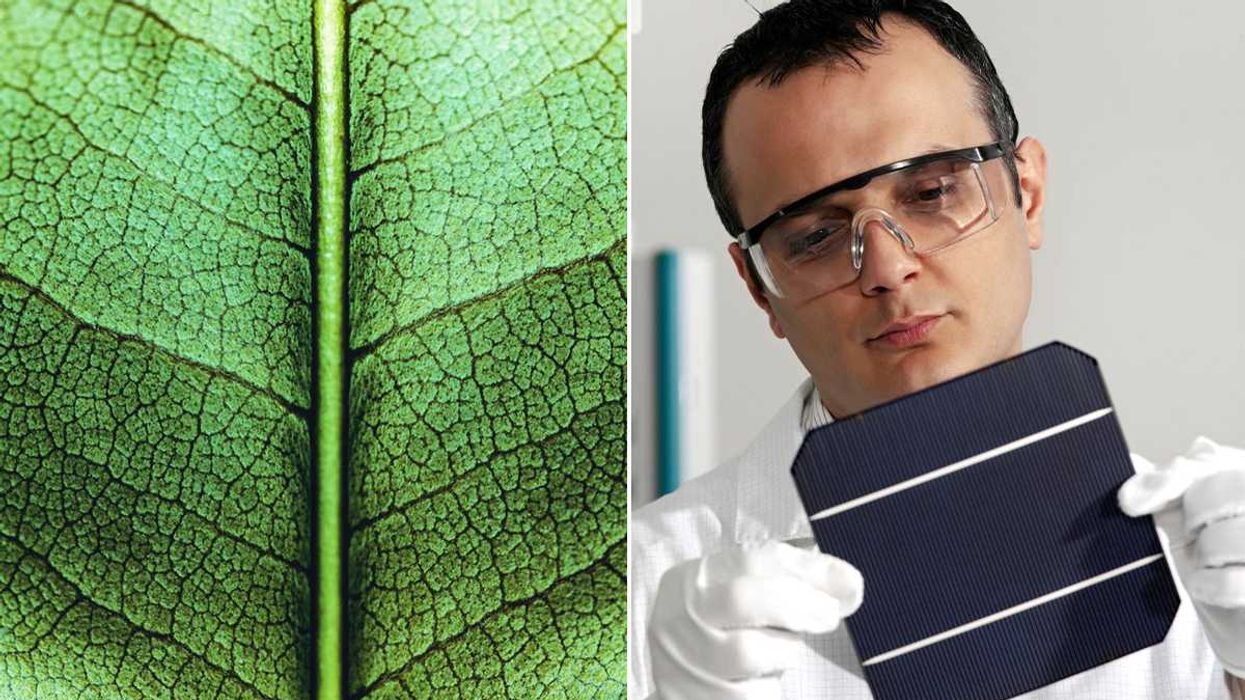
 Floating gardens with solar panels. Image from
Floating gardens with solar panels. Image from  Petroleum jelly. Image from
Petroleum jelly. Image from 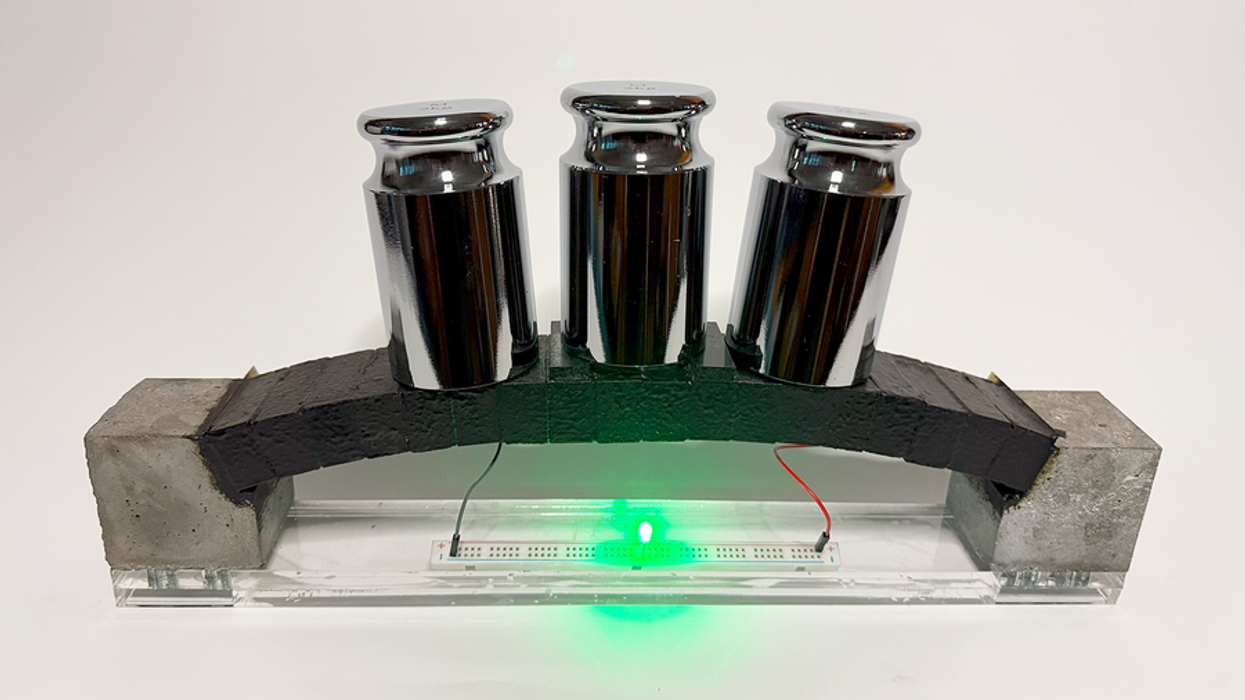
 Man standing on concrete wall.Photo credit
Man standing on concrete wall.Photo credit  The Pantheon in Rome and Hong Kong at sunrise.Photo credit
The Pantheon in Rome and Hong Kong at sunrise.Photo credit  Windmills and green grass.
Windmills and green grass.  Time lapse of blue skies over a solar field.
Time lapse of blue skies over a solar field. 
 3D televisionImage via
3D televisionImage via 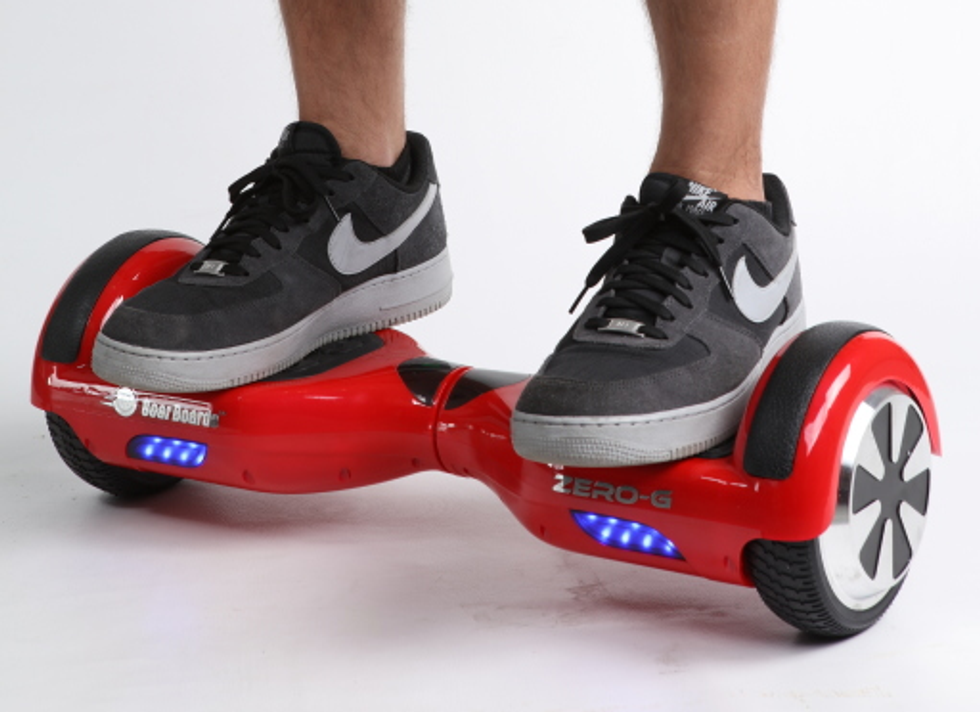 Standing on a hoverboard.Image via
Standing on a hoverboard.Image via  Never ending potato chip kkaleidoscope.
Never ending potato chip kkaleidoscope.  Woman using VR goggles outdoorsImage via
Woman using VR goggles outdoorsImage via 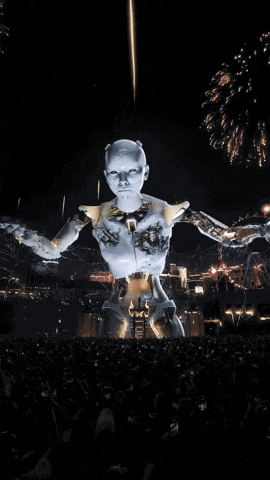 The Las Vegas Sphere
The Las Vegas Sphere